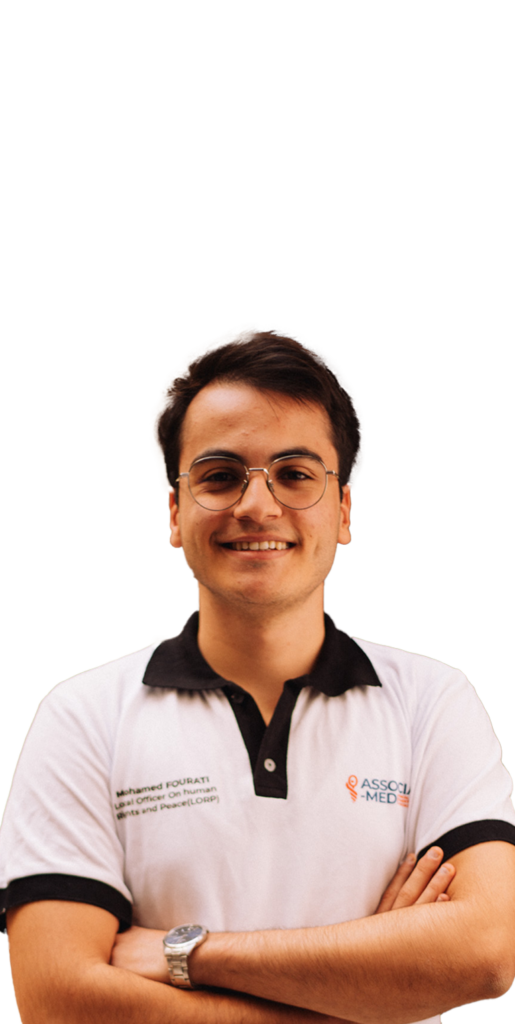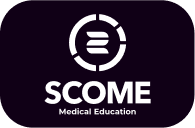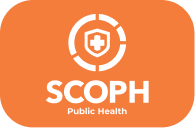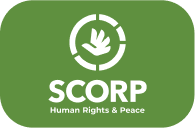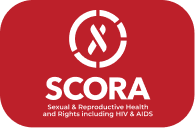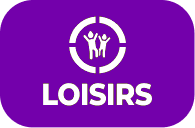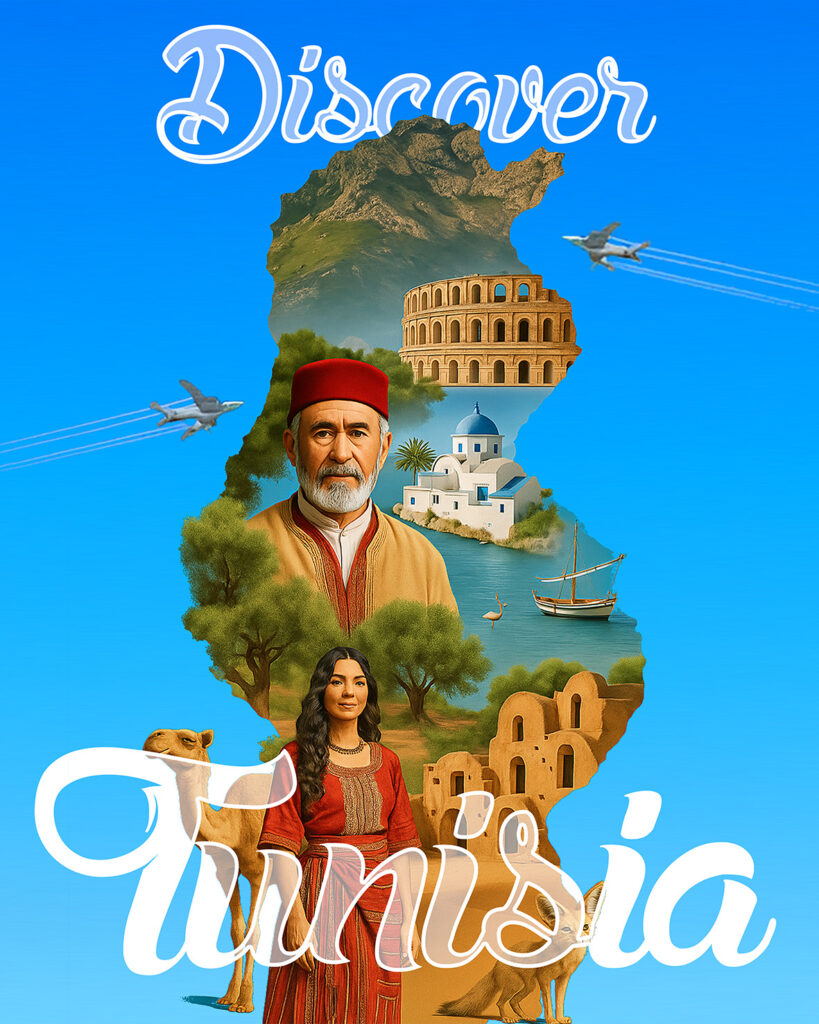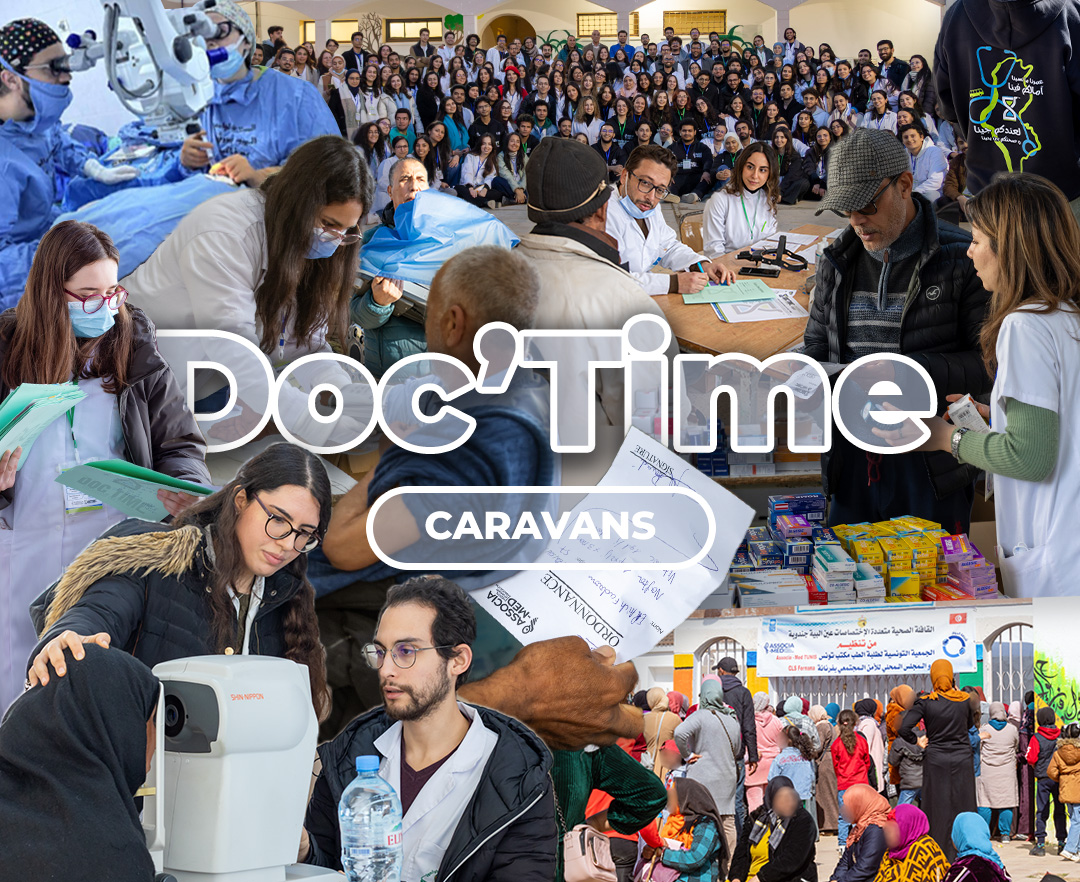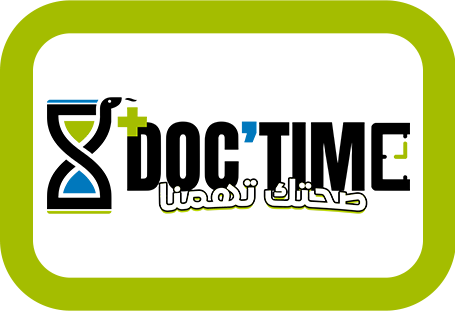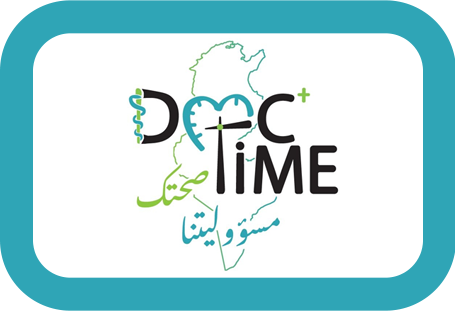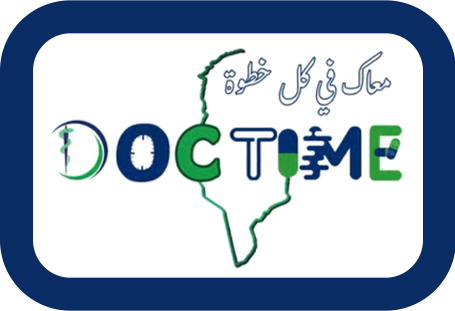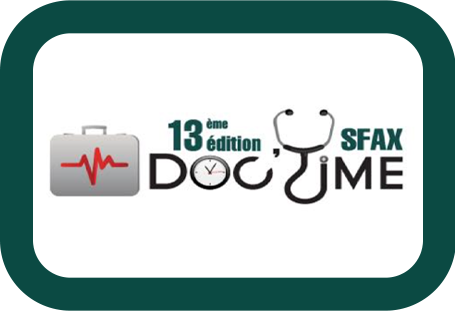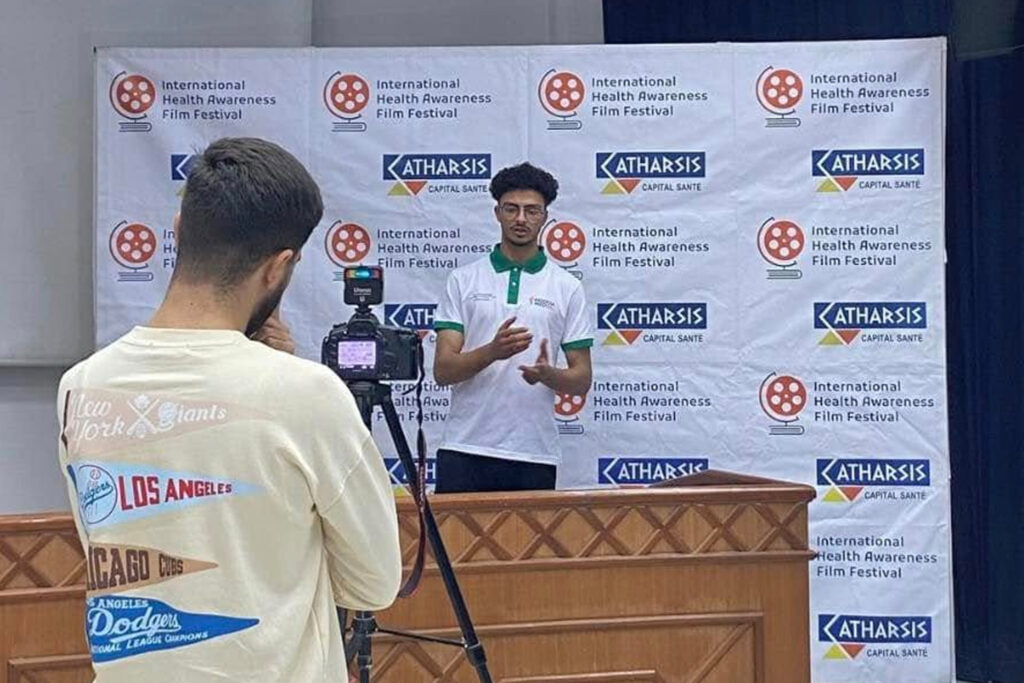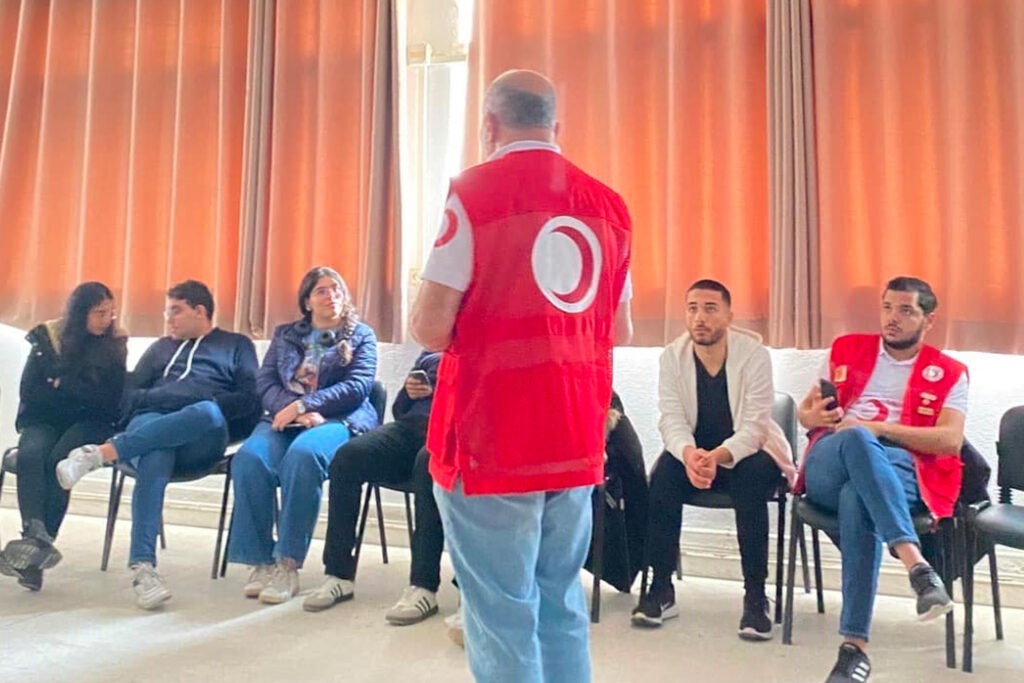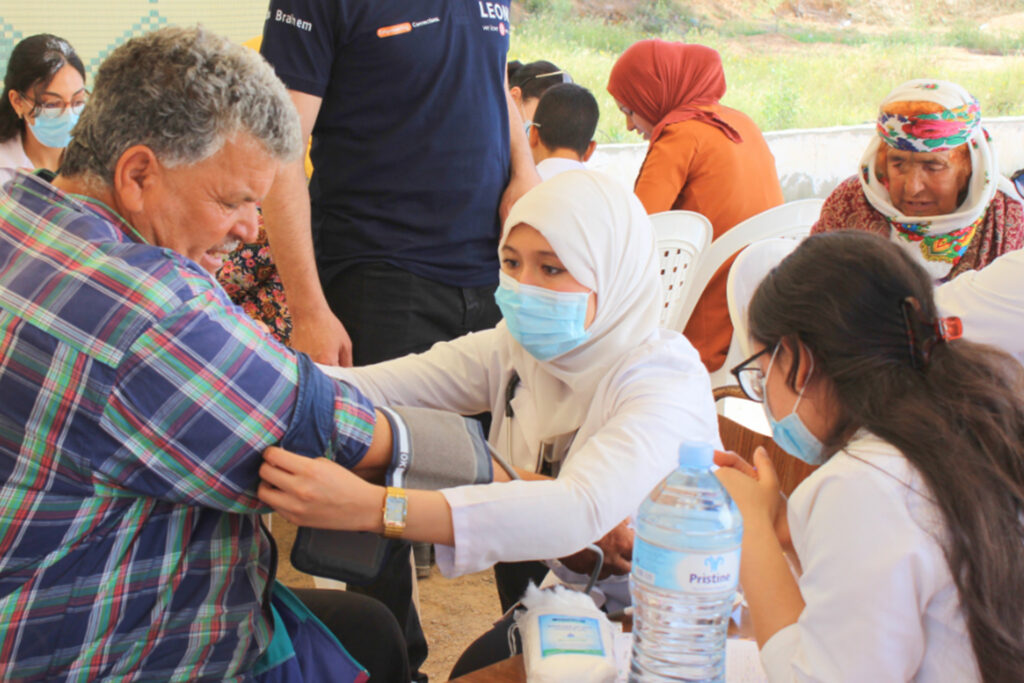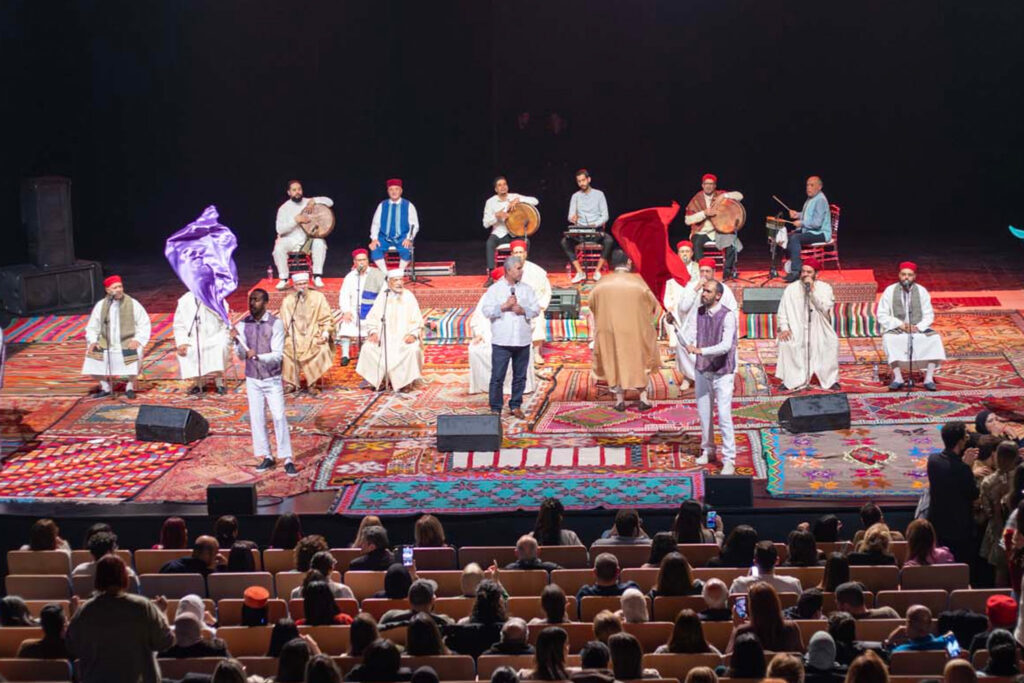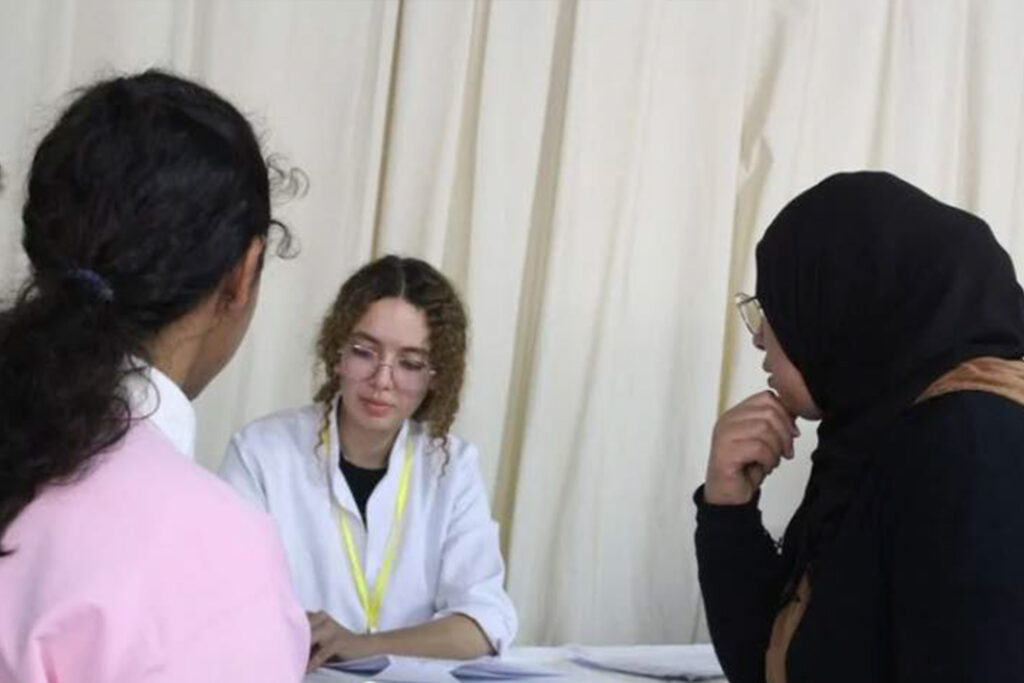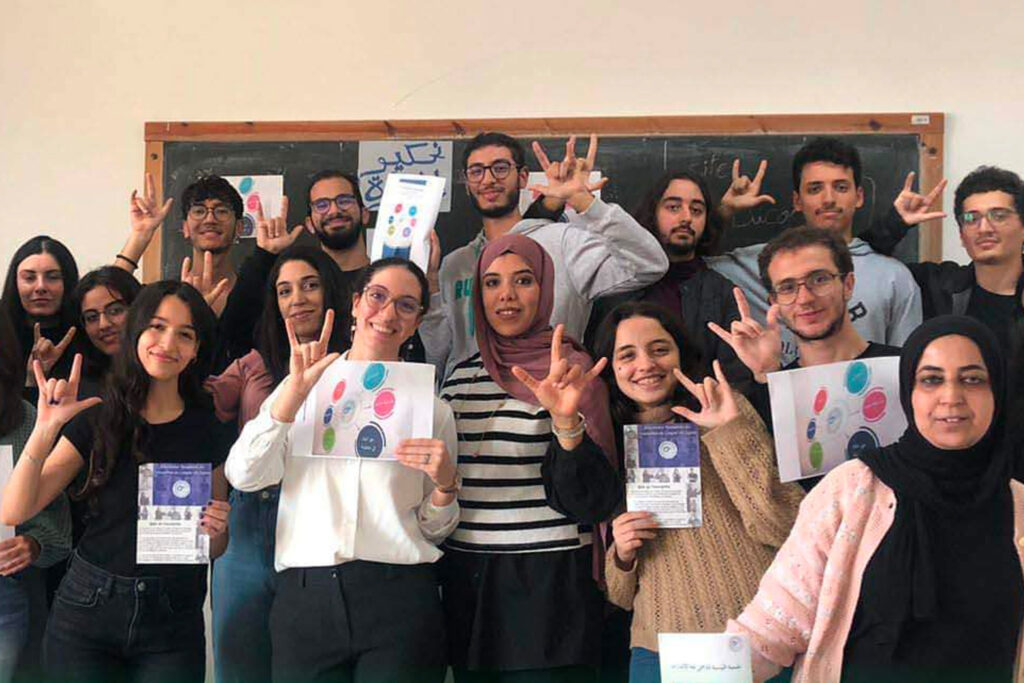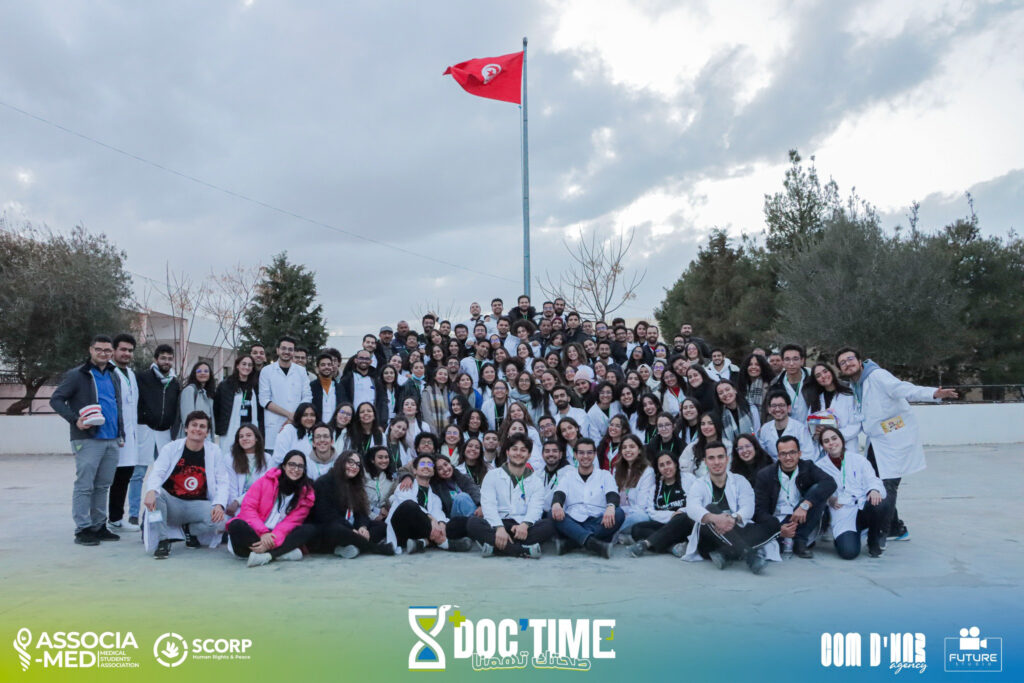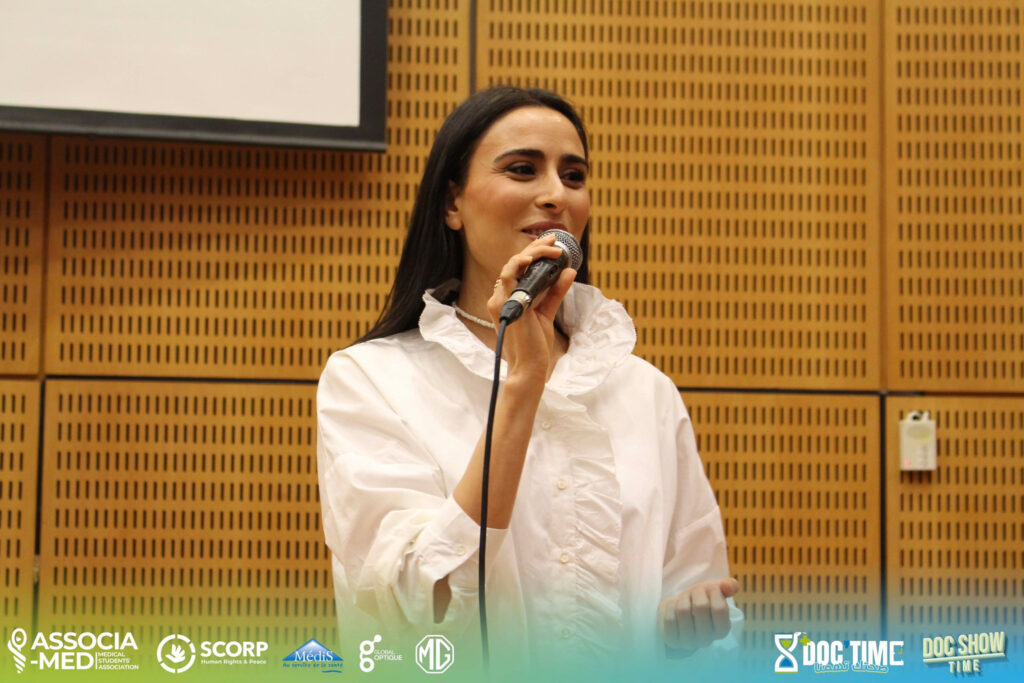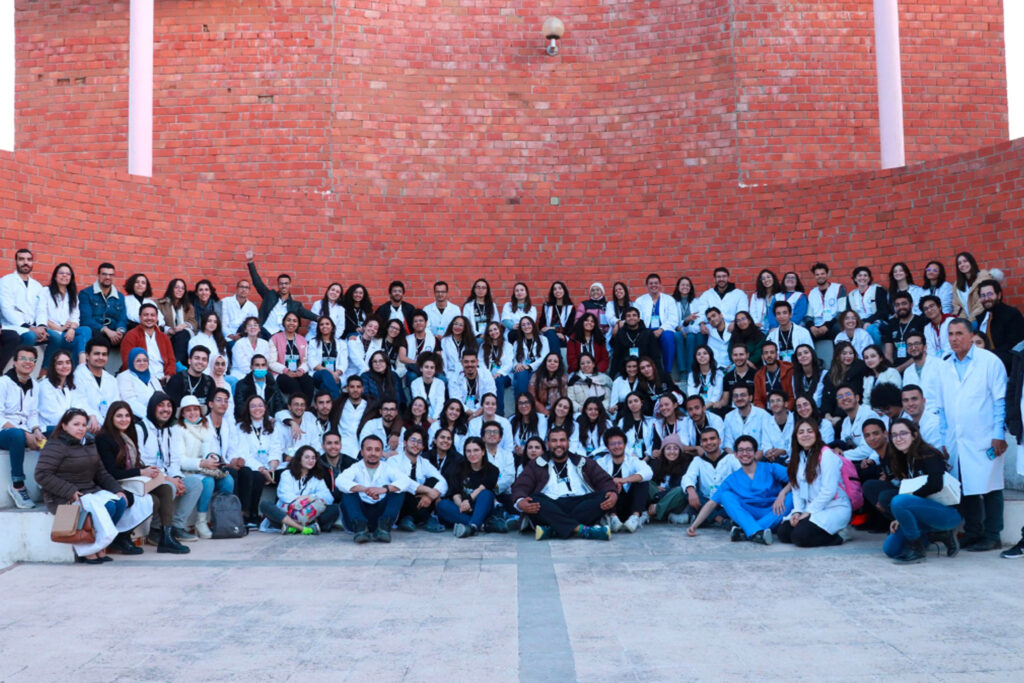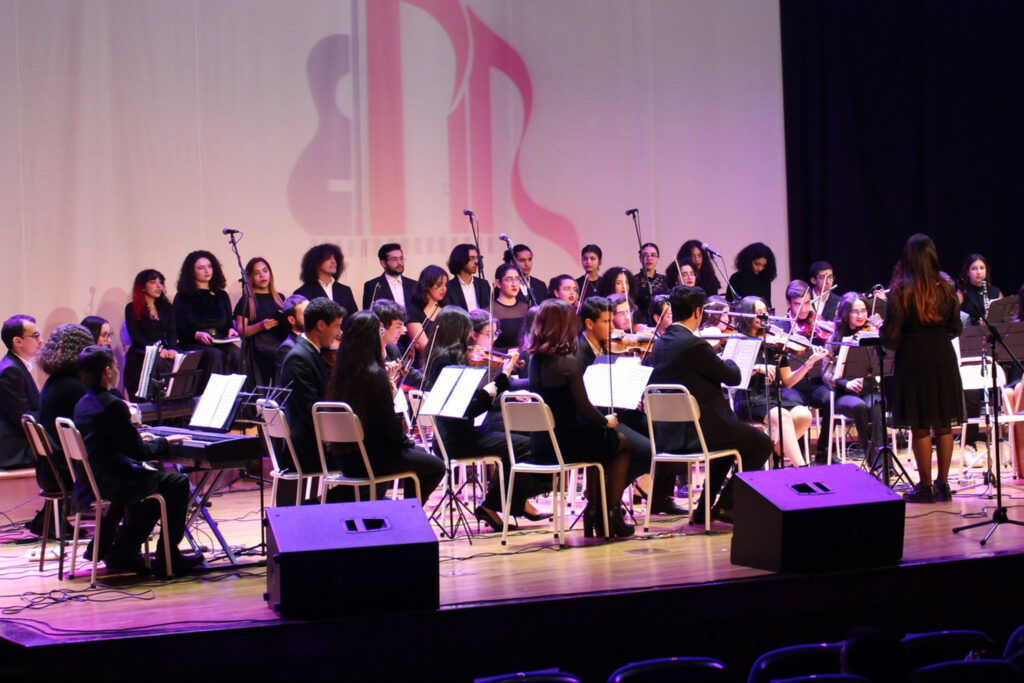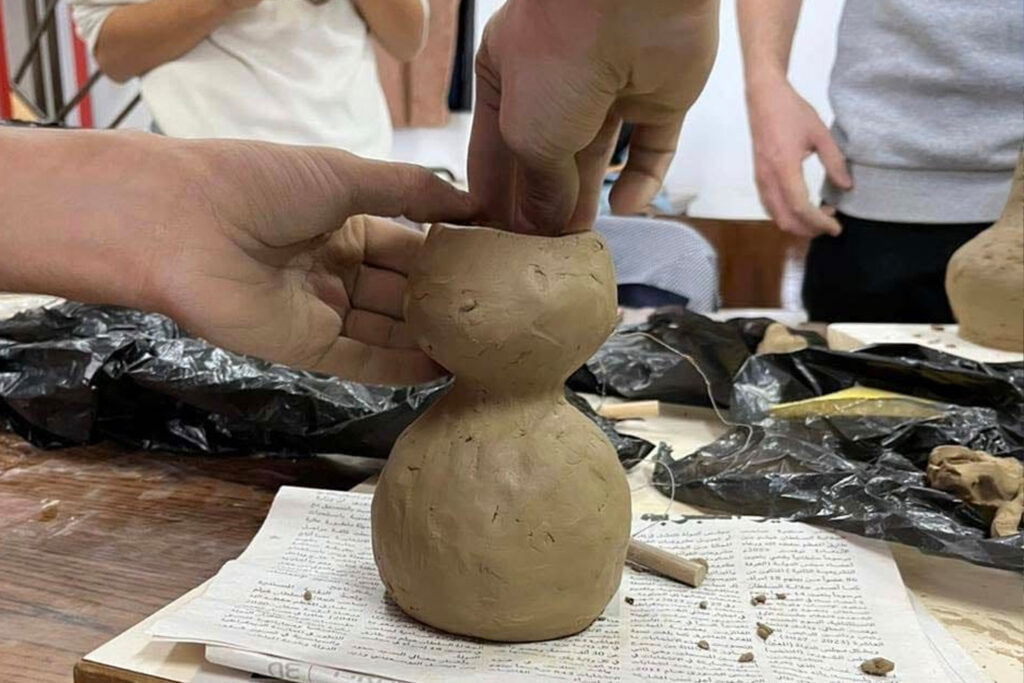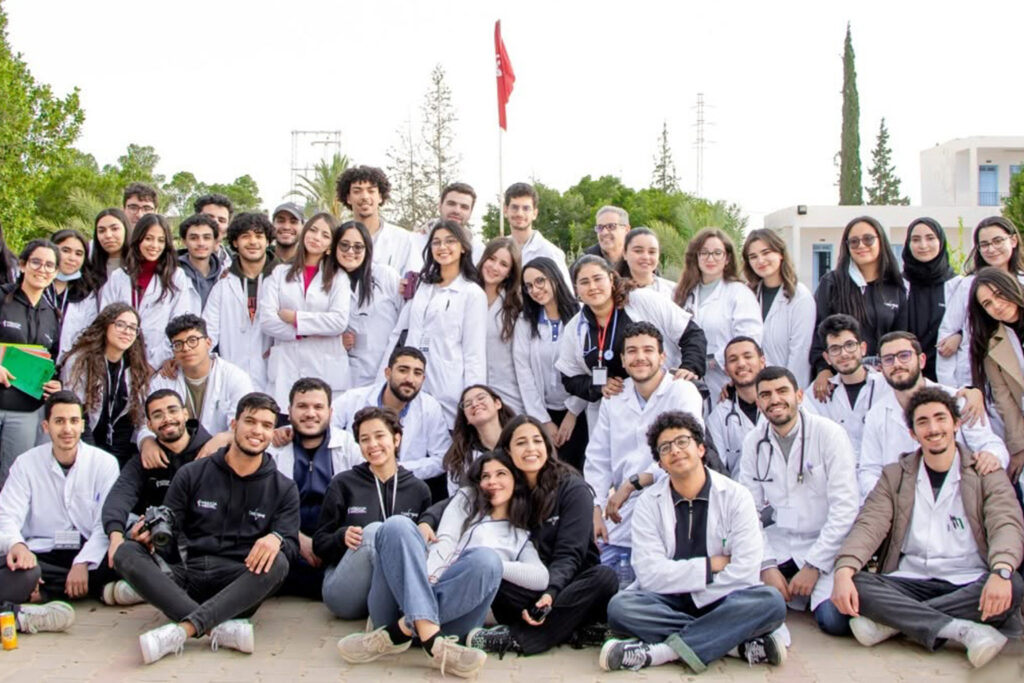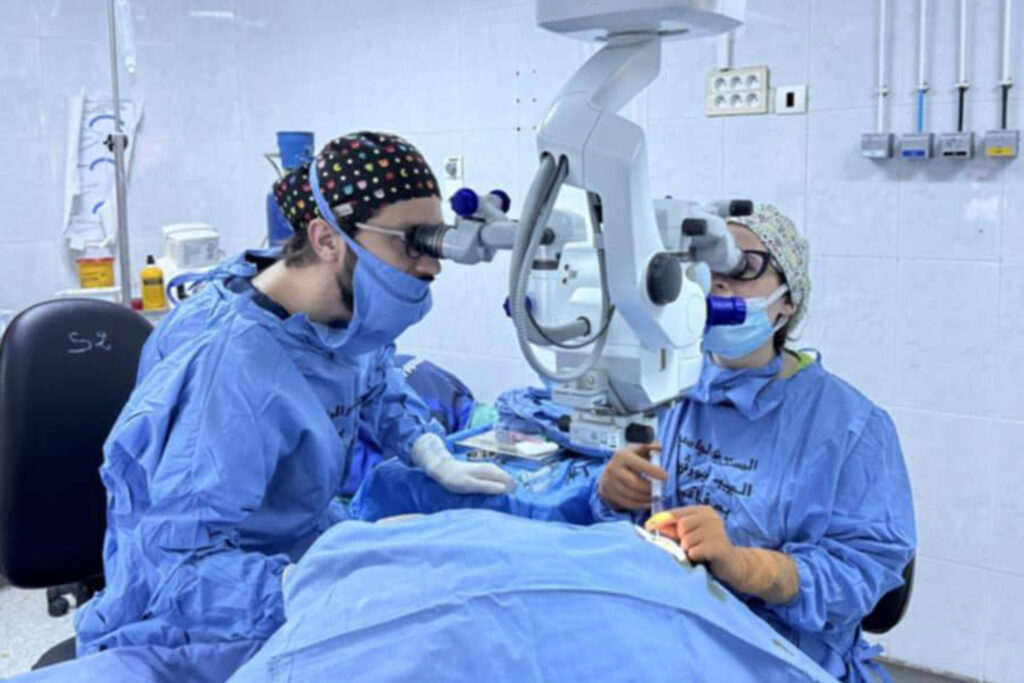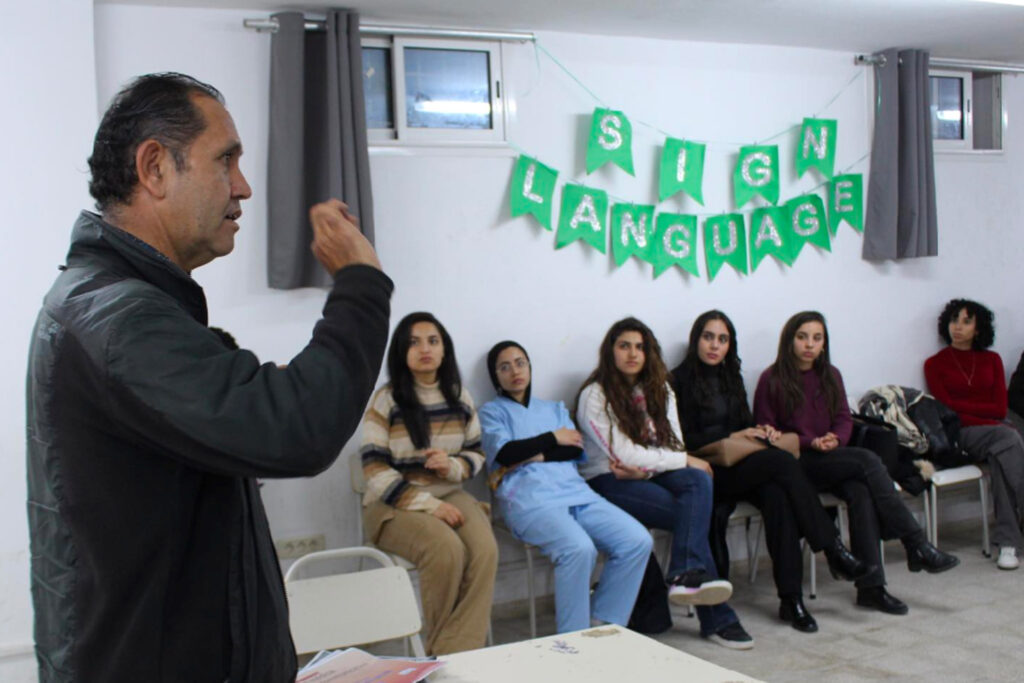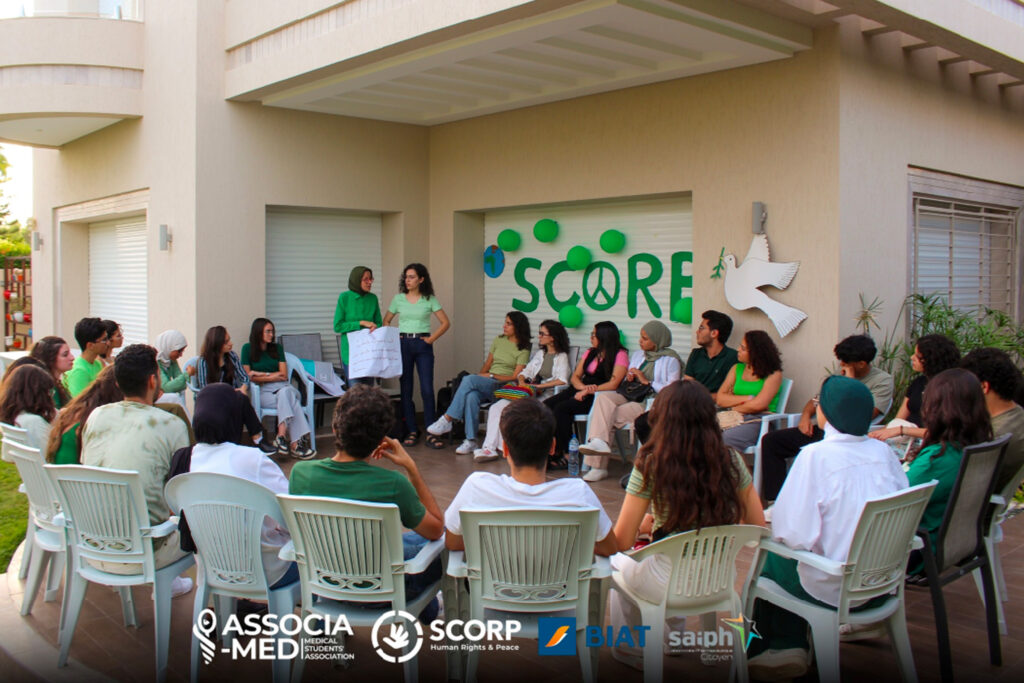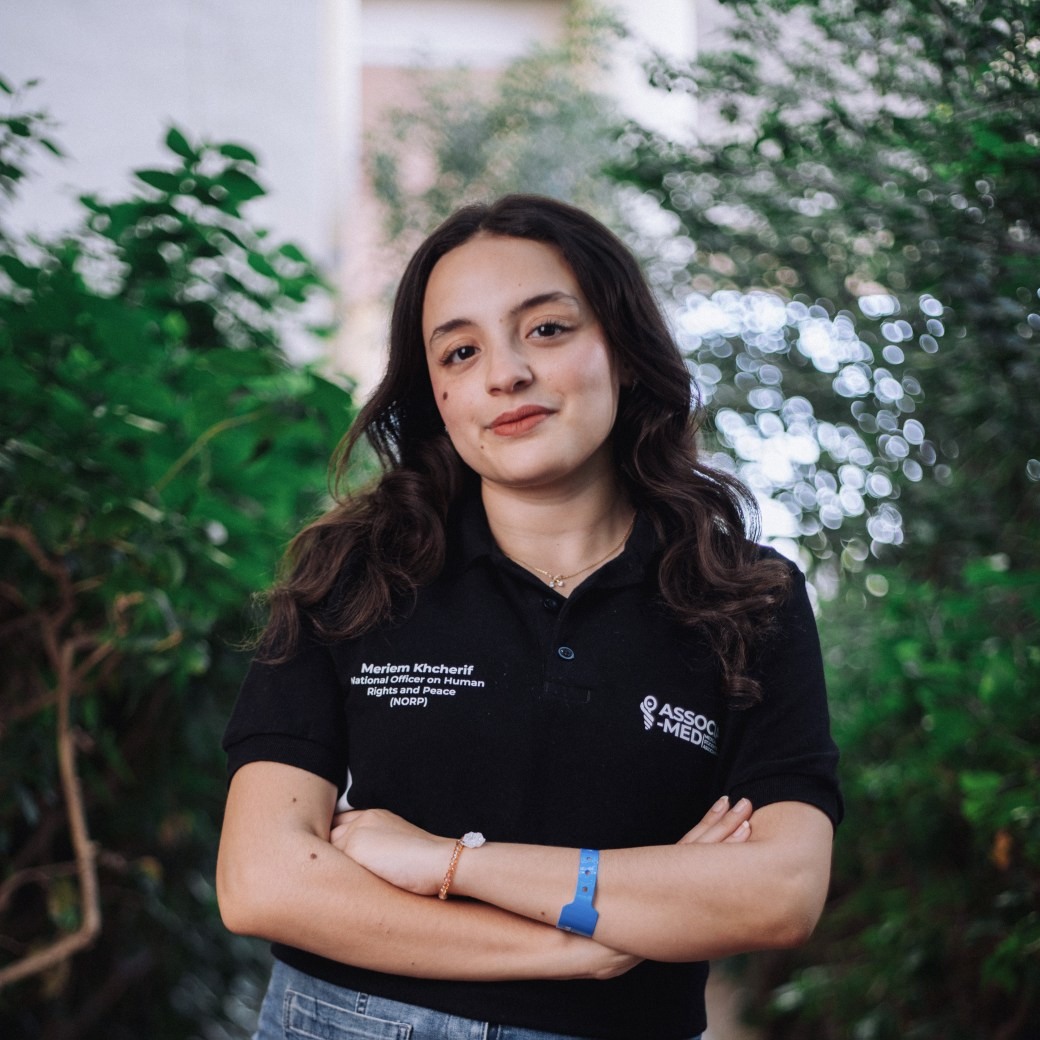Human rights & peace
(SCOrp)
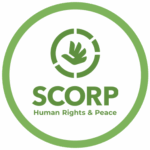
The Standing Committee on Human Rights and Peace unite students who strive to create an equal and peaceful world and believe in international, intercultural as well as interpersonal solidarity. We believe in everybody’s responsibility as well as the ability to contribute to creating this world, as human rights can only exist when it applies to all humans.
About the committee
SCORP's VISION MISSION OBJECTIVES HISTORY
VISION
SCORP has a vision of a peaceful world where all individuals are entitled to full and equal access to their human rights, where no one is left behind, where priority is given to people in greatest need and where the entire society, including medical students and health workers, unite to support vulnerable groups.
Mission
The mission of SCORP is to empower and motivate medical students to actively promote and protect human rights and peace through advocacy, capacity building, and awareness raising, and by supporting the students in carrying out activities and projects that contribute to creating a fair and peaceful world.
OBJECTIVES
- Enhance students’ knowledge on human rights, peacebuilding, humanitarian response, international humanitarian law, and violations of human rights;
- Provide medical students with tools and skills to act according to Human Rights and ethics both in clinical settings and in everyday life;
- Support and create activities, such as campaigns, capacity building, and advocacy, aiming to fulfill the vision of the standing committee;
- Facilitate the Federation’s policy development on areas related to human rights and peace;
- Provide members with the opportunity to advocate for implementation of policies through inclusion in national and international laws and frameworks;
- Collaborate with relevant partners in the implementation of objectives related to human rights and peace.
History
In 1983, the Standing Committee on Refugees was formed, aiming to call attention to the problems faced by the displaced population and participate in relief efforts. The committee members soon realized that these efforts were merely palliative, whereas a sustainable solution would have to address the root of the problem – violence, conflicts and human rights violations.
In 1995, the committee changed the name to the Standing Committee on Refugees and Peace, and finally, in 2005 it became the SCORP that we know today, the Standing Committee on Human Rights and Peace.
For more information: visit IFMSA.org
a glimpse of our work
Lina
Akili
LORP TUNIS
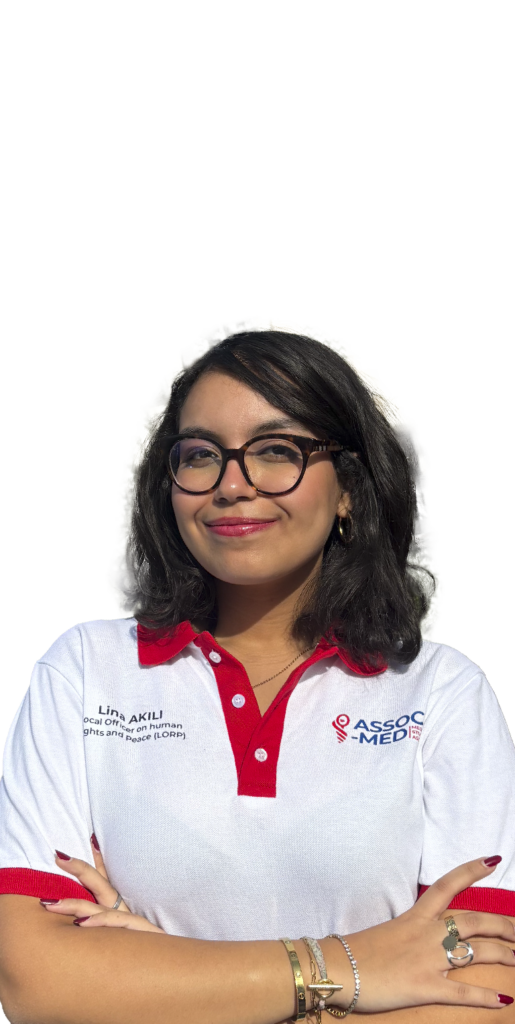
Malek
Ben Salah
Oueslati
Ben Salah
Oueslati
LORP SOUSSE
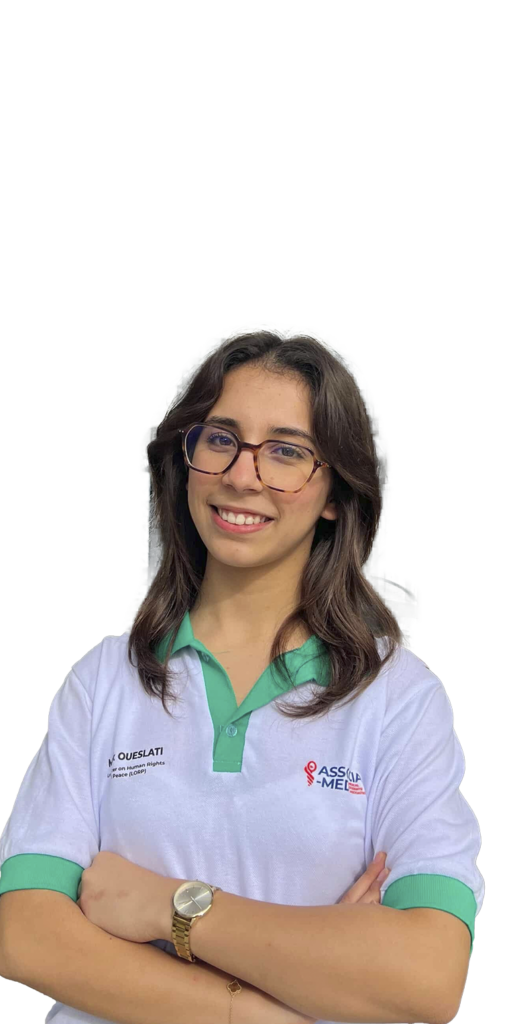
Youssef
Mestiri
LORP MONASTIR

Mohamed
Fourati
LORP SFAX
